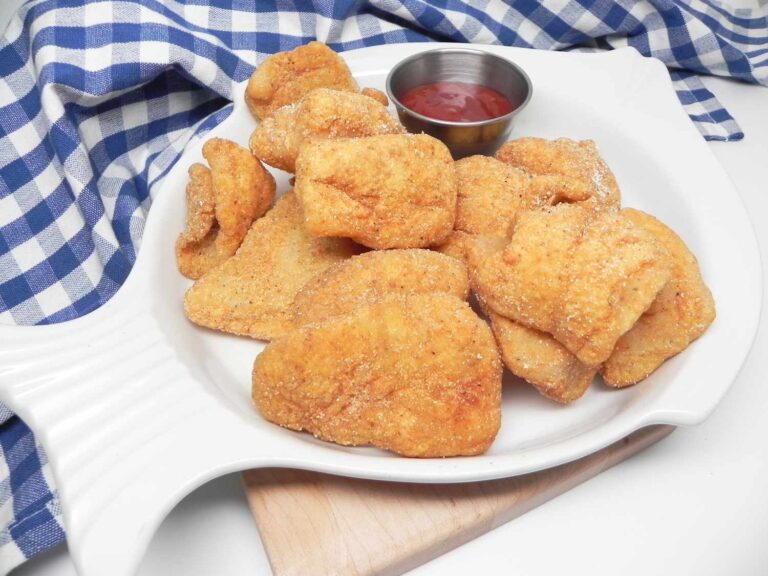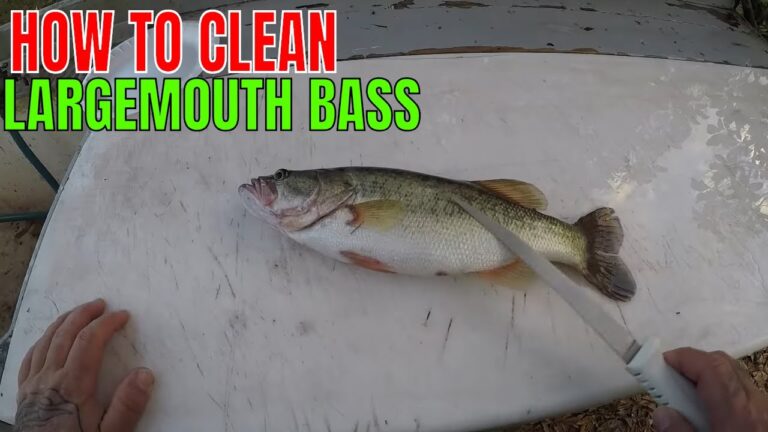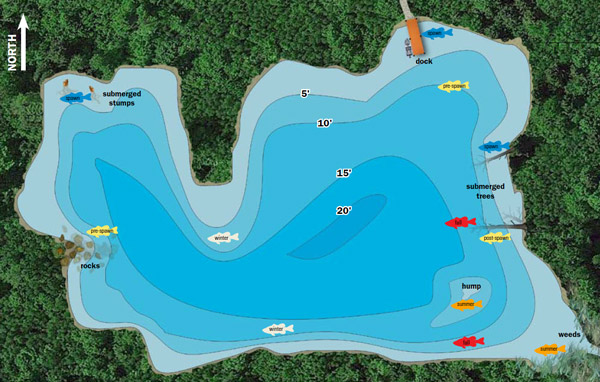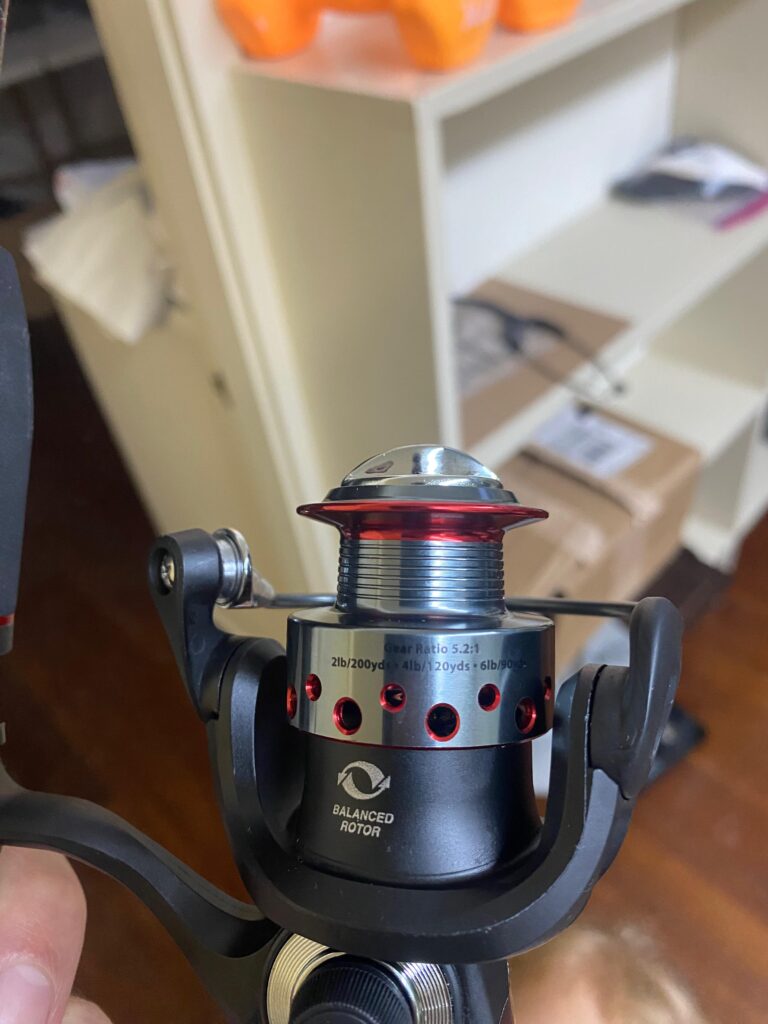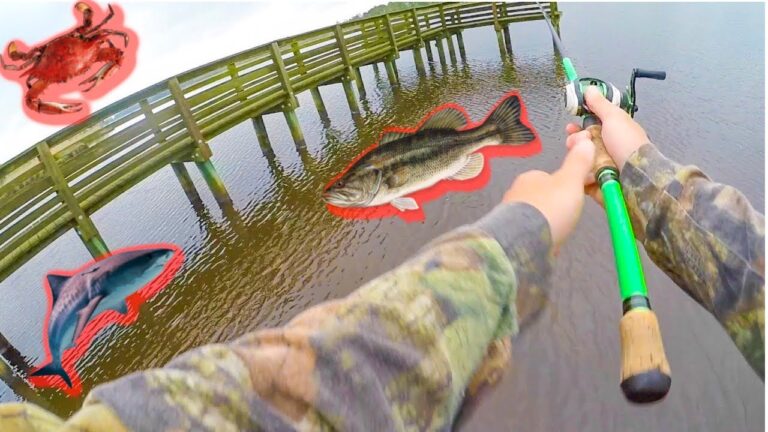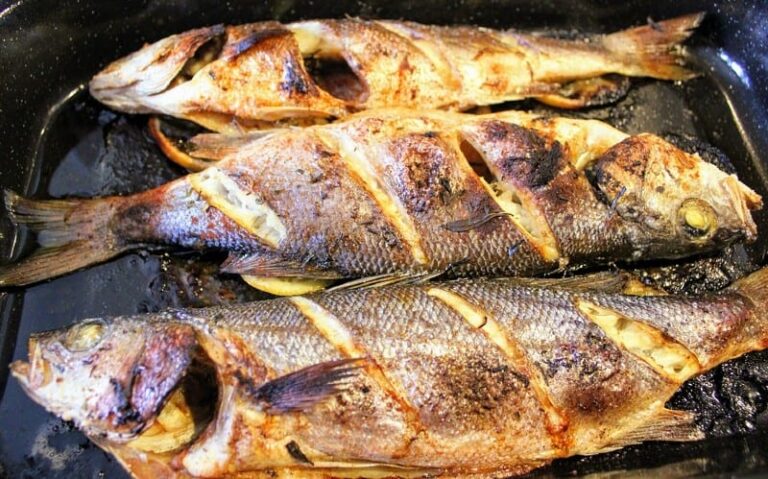What Do Baby Bass Eat
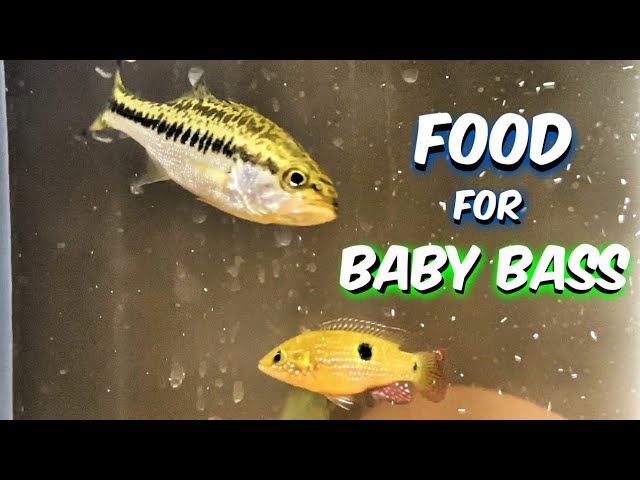
Baby bass primarily feed on zooplankton and small insects. As they grow, they include tiny fish and crustaceans in their diet.
Understanding the dietary habits of baby bass is crucial for anglers and aquarists alike, offering insights into their early life stages and how to properly nurture them in various environments. Whether in the wild or in captivity, baby bass will instinctively seek out the smallest prey items their environment offers.
Their ability to shift from mostly microscopic organisms to larger prey demonstrates their adaptability and growth. Nutritional knowledge ensures healthy development, directly impacting survival rates and growth patterns. These predators start life with a diet that prepares them for the piscivorous lifestyle they will lead as adults.
The Early Diet Of Baby Bass
Baby bass start feeding soon after they hatch. Their first meals are often tiny zooplankton. These are microscopic creatures found in water. As they grow, baby bass eat more and different things. Small invertebrates become part of their diet. These include things like water fleas and insect larvae. Eating these helps them grow quickly.
Young bass are very good at finding food. Their bodies are built to hunt. They have sharp eyes and fast fins. This helps them catch the small bugs they eat. By eating these small bugs and creatures, baby bass get ready for the next stage of life. They soon move on to bigger things.

Credit: m.youtube.com
Feeding Habits And Growth
Baby bass thrive on a high-protein diet, essential for their rapid growth. These small predators feast on tiny invertebrates such as mosquito larvae and water fleas. As they grow, their diet shifts to include smaller fish and other aquatic organisms.
Ensuring frequent feedings is crucial for the health of baby bass. Young bass consume food multiple times a day due to their fast metabolism. This routine supports their continuous growth and energy needs. Regular meals allow these juvenile fish to develop into healthy adults.
Natural Prey And Hunting Techniques
Baby bass master catching food early in life. Shadows and movements in water signal food is near. Their little eyes help them spot tiny insects, small fish, and other creatures. They practice by snapping at these hints of life.
Their prey changes depending on where they live. Local waters dictate their diet. In streams, they might eat water insects and larvae. In larger lakes, smaller fish and crustaceans become their meals. This versatility ensures they grow strong in any home.

Credit: baitshop.com
Human Intervention In Baby Bass Diets
The nutritional needs of baby bass often involve a controlled diet in aquaculture settings. These controlled diets generally consist of high-protein pellets designed to mimic natural prey. Such intervention promotes growth and maintains health in baby bass populations raised for stocking efforts. In these environments, diet control is crucial for the survival and development of the young fish.
Supplemental feeding has a direct impact on wild bass populations. By enhancing the food supply, these efforts can reduce natural food source competition among baby bass. Yet, caution is necessary: overfeeding can lead to imbalances in local ecosystems. Responsible feeding strategies help maintain sustainable fish populations. Experts must fine-tune these strategies to balance human intervention with the well-being of aquatic life.
Conservation And Its Impact On Bass Populations
Conservation efforts play a crucial role in maintaining healthy bass populations. Protecting aquatic habitats is vital to ensure these fish have access to ample food resources. Bass fry primarily feed on zooplankton and as they grow, they begin to consume smaller fish and insects.
Responsible angling practices and proper stock management are key to preventing overfishing. This ensures adequate prey is available for young bass to thrive. Encouraging catch-and-release fishing can help maintain population levels. Additionally, education on fish habitat needs can foster a sustainable environment for bass.

Credit: extension.msstate.edu
Frequently Asked Questions On What Do Baby Bass Eat
What Do You Feed Baby Bass In A Pond?
Feed baby bass in a pond a diet of high-protein pellets, live insects, and zooplankton. Adjust to smaller sizes for easy consumption.
Do Baby Bass Eat Bread?
Baby bass can technically eat bread, but it’s not recommended for their diet as it lacks the proper nutrients they need and can cause health issues.
What Is The Best Bait For Baby Bass?
The best bait for baby bass often includes small worms, minnows, and insects, or artificial lures that mimic these prey items.
What Do Baby Bass Fry Eat?
Baby bass fry primarily consume zooplankton, insect larvae, and small aquatic organisms as their initial food source.
Conclusion
Understanding the dietary preferences of baby bass helps anglers and aquarists alike. These young fish thrive on a diet rich in micro-invertebrates and zooplankton, graduating to larger prey as they grow. Proper nutrition is key for their development. By supporting a diverse ecosystem, we ensure these juvenile fish can find the sustenance they need for a healthy start in life.
